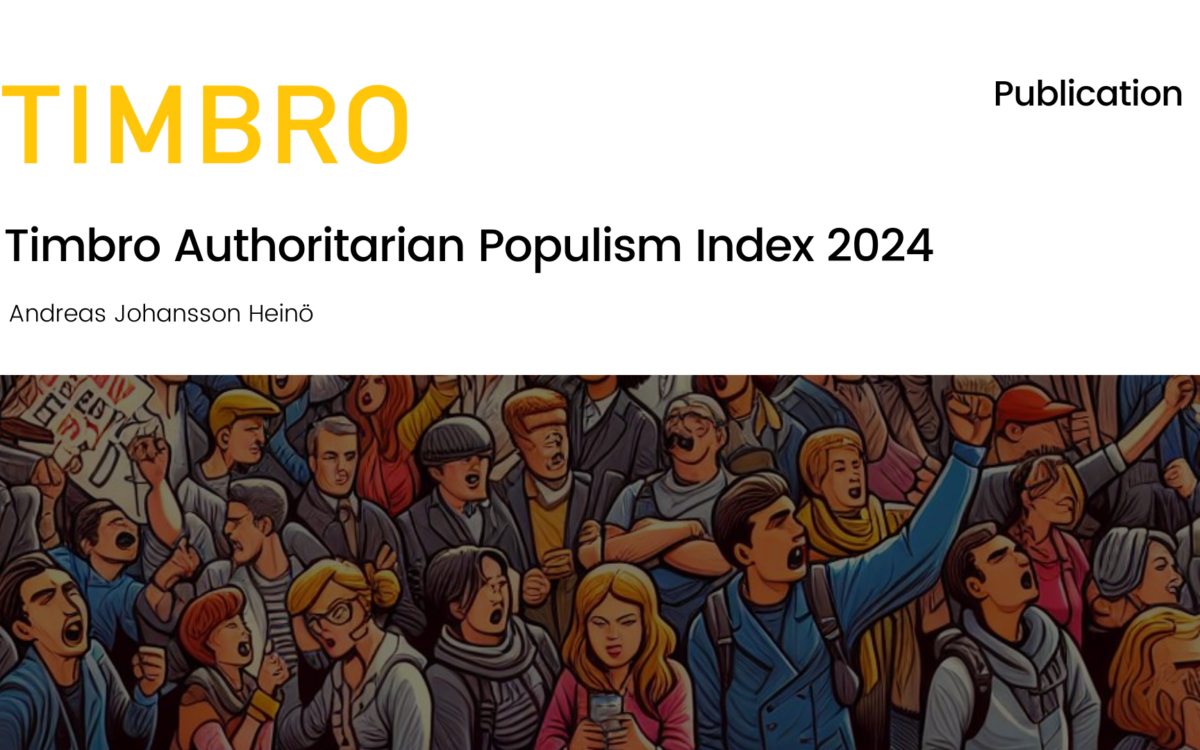Challenges Related to Fair Minimum Wages

Challenges Related to Fair Minimum Wages
3 September 2020
This position paper is a response to the European Commission’s second phase consultation with social partners. The EC’s initiative has a general objective of ensuring that “all workers in the EU are protected by fair minimum wages, allowing for a decent living wherever they work.” According to the EC, the initiative would leave Member States the freedom to keep their current minimum wage system but all exemptions and variations in the minimum wage across the Member States should be eliminated.
This position paper argues that statutory minimum wage has adverse consequences for the most economically vulnerable workers, SMEs and the economy at large. Decisions should be left to the discretion of Member States and, if regulated by law, minimum wage should not exceed 40 percent of a country’s median wage, while its setting and updates should be bound by clear cut criteria to prevent it from being used as a populist tool.
Download or share this publication
View the PDF
EPICENTER publications and contributions from our member think tanks are designed to promote the discussion of economic issues and the role of markets in solving economic and social problems. As with all EPICENTER publications, the views expressed here are those of the author and not EPICENTER or its member think tanks (which have no corporate view).



